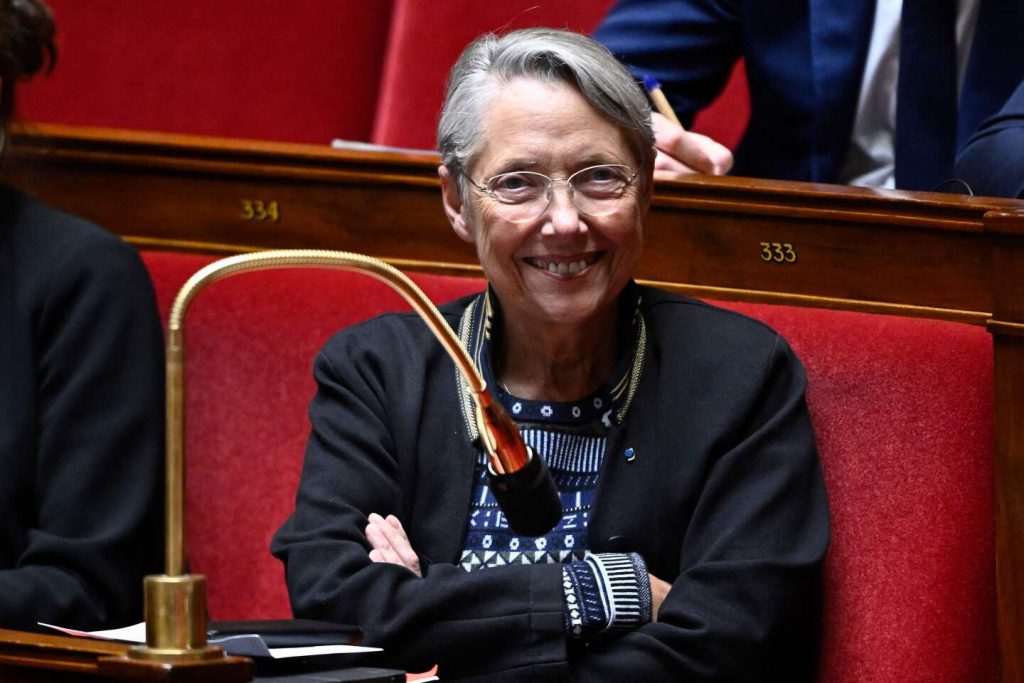Elisabeth Borne, a former Prime Minister, visited the University of Bretagne-Occidentale in Brest on March 29th to speak to 400 first-year law students. She shared lessons from her time in office, reflecting on the challenges of being Prime Minister, especially in a politically divided National Assembly. She emphasized the sacrificial nature of the role, noting the difficulty of balancing the President’s agenda with the interests of a fragmented Parliament. Borne’s tenure was marked by frequent use of Article 49.3 to pass key legislation, highlighting the challenges of governing without a strong majority.
During her talk, Borne alluded to the tensions between her and President Emmanuel Macron, suggesting that his hands-on approach to governance limited her ability to act as a buffer between him and public criticism. She criticized the President’s tendency to micromanage government affairs, stating that it undermined his role as a unifying figure in the nation. Borne’s remarks shed light on the power dynamics at play within the French executive branch, highlighting the delicate balance between the President’s authority and the Prime Minister’s responsibilities.
The use of Article 49.3 to push through contentious legislation, such as the budget and pension reform, underscored the challenges Borne faced in a politically fractured environment. She acknowledged the need to take on the role of a “lightning rod” as stipulated in the Constitution, accepting the consequences of unpopular decisions made in the interest of governance. Borne’s reflections on her time as Prime Minister offered insights into the complexities of French politics, where the balance of power between the President and Prime Minister is often a source of tension.
Borne’s experience as Prime Minister illuminated the strains inherent in the role, particularly in a period of political instability. Her comments highlighted the unique challenges faced by Prime Ministers in navigating the demands of a divided Parliament and an active President. Despite the difficulties she encountered, Borne expressed a sense of duty and responsibility towards the office, recognizing the sacrifices required to fulfill the role effectively. Her insights into the inner workings of the French government provided valuable lessons for the aspiring law students in attendance.
In conclusion, Elisabeth Borne’s visit to the University of Bretagne-Occidentale offered a glimpse into the complexities of French governance and the challenges faced by Prime Ministers in a shifting political landscape. Her reflections on her time in office shed light on the delicate balance of power between the President and Prime Minister, emphasizing the sacrifices and responsibilities inherent in the role. Borne’s insights resonated with the law students present, providing a firsthand account of the intricacies of French politics and the demands of public service at the highest levels of government.














